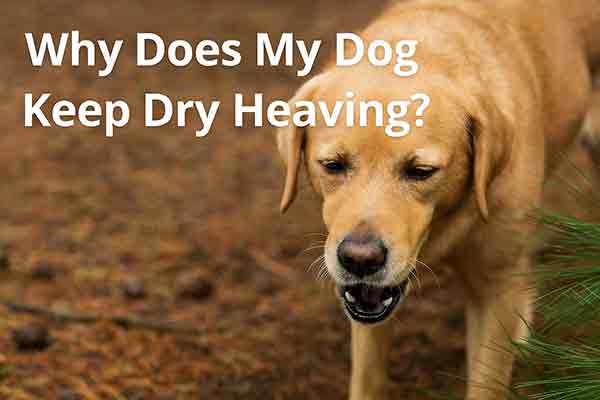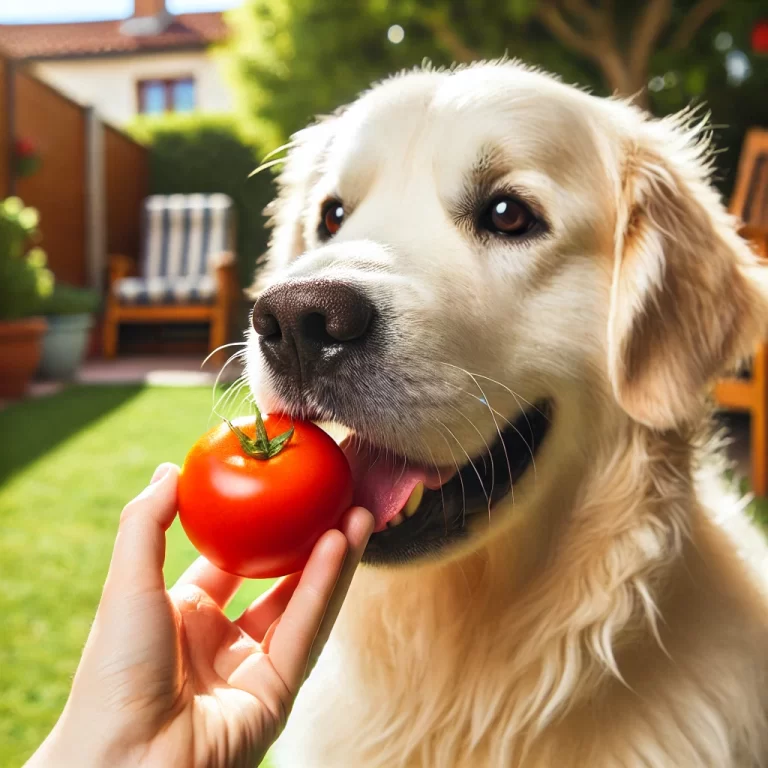Why Does My Dog Keep Dry Heaving? | Causes, Symptoms & Treatment
Table of Contents
- Introduction
- What Is Dry Heaving in Dogs?
- Common Causes of Dry Heaving in Dogs
- When to Be Concerned
- Other Symptoms to Watch For
- Diagnosis by a Veterinarian
- Treatment Options
- Home Care and Prevention Tips
- FAQ: Dry Heaving in Dogs
- Conclusion
Introduction
It’s unsettling to hear your dog making a dry, gagging sound as if they’re trying to vomit but nothing comes out. If you’ve found yourself asking, “Why does my dog keep dry heaving?”, you’re not alone. Dry heaving in dogs can range from harmless to an indicator of a serious health problem. This article will break down the most common causes, when to worry, and what steps to take to keep your pup safe.
What Is Dry Heaving in Dogs?
Dry heaving, also known as non-productive retching, occurs when a dog attempts to vomit but nothing is expelled. It may be accompanied by gagging, coughing, or hacking noises. While it’s not always an emergency, persistent dry heaving can be a sign of an underlying issue that requires veterinary attention.
Common Causes of Dry Heaving in Dogs
There are many reasons why a dog may experience repeated dry heaving. Some of the most common include:
1. Kennel Cough
This highly contagious respiratory infection causes a deep, honking cough and frequent dry heaving. It’s common in shelters, boarding facilities, and dog parks.
2. Throat or Airway Irritation
Dogs may inhale dust, hair, grass, or other small objects that irritate their throat and cause gagging or heaving.
3. Bloat (Gastric Dilatation-Volvulus)
A life-threatening condition, especially in deep-chested breeds. Symptoms include a swollen abdomen, restlessness, and non-productive retching. This is a veterinary emergency.
4. Foreign Body in the Throat
If your dog swallowed a toy, stick, or bone fragment, it may be stuck in their throat, causing them to dry heave in an attempt to dislodge it.
5. Tonsillitis or Pharyngitis
Inflammation of the throat or tonsils can trigger gagging and dry heaving, often seen with a sore throat or mouth discomfort.
6. Collapsing Trachea
Most common in small breeds, this condition causes a chronic dry cough and gagging when the windpipe becomes weak and narrows during breathing.
7. Nausea or Stomach Upset
Sometimes dogs dry heave before vomiting or due to stomach acid, especially if they’ve eaten grass or an unfamiliar food.
When to Be Concerned
Dry heaving every now and then might be benign, but frequent or intense episodes could signal an emergency. Contact your vet if you notice:
- Dry heaving that lasts more than a few hours
- Swollen or hard abdomen
- Signs of pain, lethargy, or drooling
- Unsuccessful attempts to vomit or defecate
- Changes in breathing or collapse
Other Symptoms to Watch For
Monitor for additional signs that could point to an underlying condition:
- Diarrhea or vomiting
- Wheezing or coughing
- Appetite loss
- Weight loss
- Excessive licking of lips or air
Diagnosis by a Veterinarian
To determine the cause of your dog’s dry heaving, a vet may perform:
- Physical examination of the mouth and throat
- Chest and abdominal X-rays
- Blood tests to check for infection or metabolic issues
- Endoscopy to visualize the esophagus and stomach
The sooner you bring your dog in, the faster a proper diagnosis and treatment plan can begin.
Treatment Options
Treatment will vary depending on the cause:
- For kennel cough: Rest, cough suppressants, or antibiotics if bacterial
- For foreign bodies: Endoscopic or surgical removal
- For bloat: Emergency surgery and stabilization
- For throat inflammation: Anti-inflammatory medications and dietary adjustments
- For tracheal collapse: Weight management, medication, and in some cases, surgery
Home Care and Prevention Tips
While not all causes of dry heaving are preventable, you can take steps to reduce your dog’s risk:
- Keep small objects and bones out of reach
- Avoid letting your dog eat unknown plants or debris
- Feed smaller meals to reduce gulping and bloating risk
- Use a harness instead of a collar for small dogs prone to tracheal issues
- Vaccinate against kennel cough if boarding or socializing
FAQ: Dry Heaving in Dogs
Can dry heaving be a sign of allergies?
Yes. Environmental allergies can lead to post-nasal drip, which may cause coughing or gagging similar to dry heaving.
Is dry heaving more common in certain breeds?
Small breeds like Yorkies, Chihuahuas, and Pomeranians are more prone to collapsing trachea, while large breeds like Great Danes are at higher risk for bloat.
Should I induce vomiting if my dog is dry heaving?
No. Only induce vomiting under the guidance of a veterinarian. Doing so inappropriately can cause more harm than good.
Conclusion
Why does my dog keep dry heaving? The reasons can range from mild irritants to serious medical conditions. While occasional heaving may be harmless, persistent or severe symptoms require prompt veterinary attention. By understanding the causes, recognizing the signs, and taking proactive steps, you can help ensure your dog stays happy and healthy.
Looking for more expert-backed pet care advice? Explore our blog for guides on dog health, behavior, and emergency care tips every responsible owner should know.







